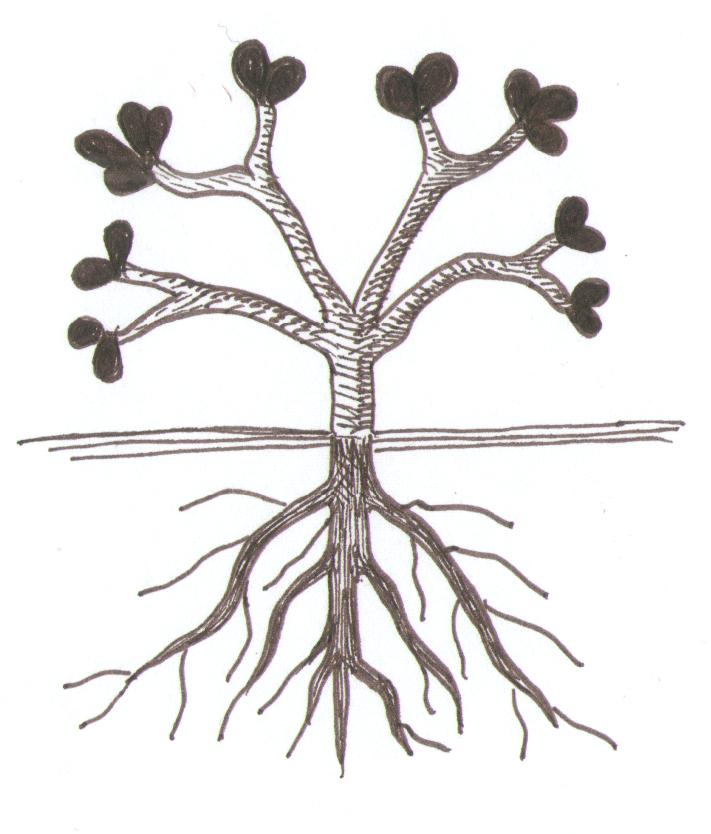
I’ve often found myself pushing too far with a certain approach only to realise that my rigid consistency was actually damaging. Mindless consistency isn’t a good thing. The first John Glock short story touched on this idea. Mechanically repeating certain actions, just because you’re supposed to, isn’t a way to live.
Besides, it’s possible to be consistent in the wrong pursuits. It is possible to push too far with something that might have been good initially.
So, the question becomes, How do we know if we have moved too far with something? How do we know when to shift gears? Ho do we know when to slow down or when to try a different approach?
Looking to the body for answers
I’ve found that the body is a treasure trove of insightful information, if we can let it speak.
The body gives us clues as to when we are on the wrong track with regards to our fitness regime, for example. This usually happens in the form of injuries or pain. But the body can also give us insights into when we are on the wrong track in life.
If a certain situation is making us feel uncomfortable, maybe it’s time to investigate why. If a certain person is perpetually draining our joy, maybe its time to detach. Tuning in, usually has some insights.
Disconnection from the body
Listening to the body can help us to navigate life. And body awareness brings us into the present. Conversely, ignoring the body, numbing it out with thoughts, pills, or destructive patterns, can have catastrophic consequences, especially when this behaviour is repeated over years.
Because I write about this stuff, I always encounter people that want to convince me that my opinion is totally and utterly wrong. One such person tried to convince me that the body is a mere carrying device for the brain. Another person told me the heart is a mere pump and has no connection to emotion.
Well, case in point. Because if you only live inside the circling narratives in your head there is very little chance to experience the wind on your face, or cold water on your hands, or the soft warmth of a fury pet, or even the love in your heart.
If you disconnect from the body in this way, there is just thought and the next problem to fix. Life is lived inside the head with very little connection to the body or the present moment.
Why this happens
People disconnect from their bodies because it is painful inside it. Trauma is stored in the body. This makes it difficult to initially return awareness to the body. The solution is to slowly return awareness and work through the repressed emotions and traumas. Peter Levine talks about titration in In An Unspoken Voice.
Why it matters
But why does this matter? Why does it matter if someone experiences themselves as a brain on sticks?
It matters because when we disconnect from the body we disconnect from everything around us. We more readily experience ourselves as separate. We dissociate in a zombie-like fashion. We are no longer present. Presence is the prerequisite for good decisions, emotional stability, focus, creativity, love and all the rest.
But on a more practical level it is unbelievably hard to do work that is valuable when we live this way. It is unbelievably hard to do creative work when we are not grounded. (Here’s a related video.) When we are not grounded we place too much emphasis on thinking. Consequently, the physical effort is neglected and avoided. In fact, the entire creative effort is often derailed by the cynical and fearful narratives. (Here’s a related post.)
So, if you’re finding it difficult to do creative work, maybe it’s time to dissolve the trauma that is stored in your body.
Final thoughts
Consistency is good. Consistency is required if we want to grow. But blind consistency is bad. Mechanical repetition disconnects us from our inner being. When it comes to consistency, we have to check in with our body to tell if we are actually on the right track and if our consistent efforts are actually serving us.